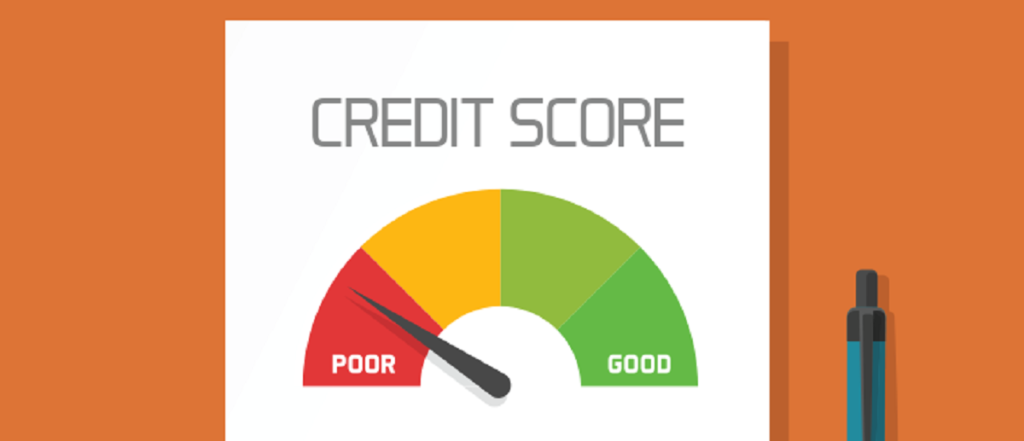Table of Contents
You all know that bad credit can hinder your ability to take out a loan at a lower interest rate, but do you know that it can damage your financial wellbeing. Well, bad credit means your credit report shows a number of payment defaults due to which your credit rating is less-than-perfect.
Before signing off on our application, the lender always peruses a credit report to find out how you have been able to manage your financial obligations. It helps the lender know the possibility of getting the money back.
When you take out a loan despite the poor credit score, you are likely to pay it back at the high interest rate. Such loans may prove to be very expensive because you have to pay the debt in a lump sum. These loans can screw up your financial condition if you take out them without enough deliberation. Here is how:

Home ownership
At one point in life, everybody desires to own a home, one-time investment and permanent riddance from monthly rentals. If you want to buy a house, you have to have a deposit size – at least 5% – even if you want to take out a mortgage.
Mortgages do not act like other short-term loans. A lender must want you to have a good credit rating if you want to buy a mortgage.
A bad credit score may prevent you from securing it, and if you somehow get approval, you will end up paying high interest. To secure a good mortgage deal, you should have at least the fair credit score that falls between 721 and 880, according to Experian.
If your score is lower, the lender may turn down your application or may ask you to arrange a bigger size of deposit, at least 30-40% depending on the policy.
Buying a car
Unlike other unsecured loans, auto loans are secured. You have to use your car as security to get the loan. Since you use your vehicle as collateral, the lender will easily approve your application because they may recover money by liquidating your car in case of default.
However, security does not guarantee that the lender will sign off on your loan application. Lenders do not want to get into the hassle of disposing of your assets to release their funds, which is why they make sure that you have a repayment capacity before granting the loan.
Some lenders may not allow you to avail lower interest rates even if you secure the loan.
Renting
Before renting a house or commercial property, the property owner will always peruse your credit report. The payment history amounts to 35% of your total credit score, which is more than any other component. Of course, the provider will be leery if your credit rating is less-than-perfect. In this situation, you should apply for a guarantor or share a room with somebody.
Job
Securing a job in the financial sector and upper management can be very tricky if your credit score is not perfect. Employers run a pre-employment credit check before hiring you to know how loyal and faithful you have been toward your financial commitments.
Financial jobs require handling too much money. It involves a risk of embezzlement. If your score is not perfect, the employer may doubt that you will fiddle with money and turn down your job application.
How you should deal with bad credit
Now that you have come to know how bad credit can tarnish your financial condition. Once you know that you are on the verge of poor credit, you should figure out ways to improve your score. You should take out instalment loans for bad credit from Big loan lender in the UK.
These loans come for three to 12 months depending on the size of your borrowing and the lender policy, allowing you to repay the debt in equal instalments. It will help you build your credit if you continue to make all payments on time.
Bad credit loans do not help you build your credit score because they are paid in a lump sum, hence does not give a clear idea of your financial commitment. Poor credit instalment loans are more manageable than other short-term loans as you can make your budget accordingly.
Timely debt settlement is not enough to improve your score. Make your utility bills, cell phone payments on time. Do not max out your credit card and settle all dues within the grace period. Do not apply for too many loan applications within a short period and do not close unused credit card accounts.
Peruse your credit report sporadically to make sure that it does not involve any discrepancy that may keep you from taking out a loan. If you find an error, contact the credit reference agency to put in the request for amendments.



